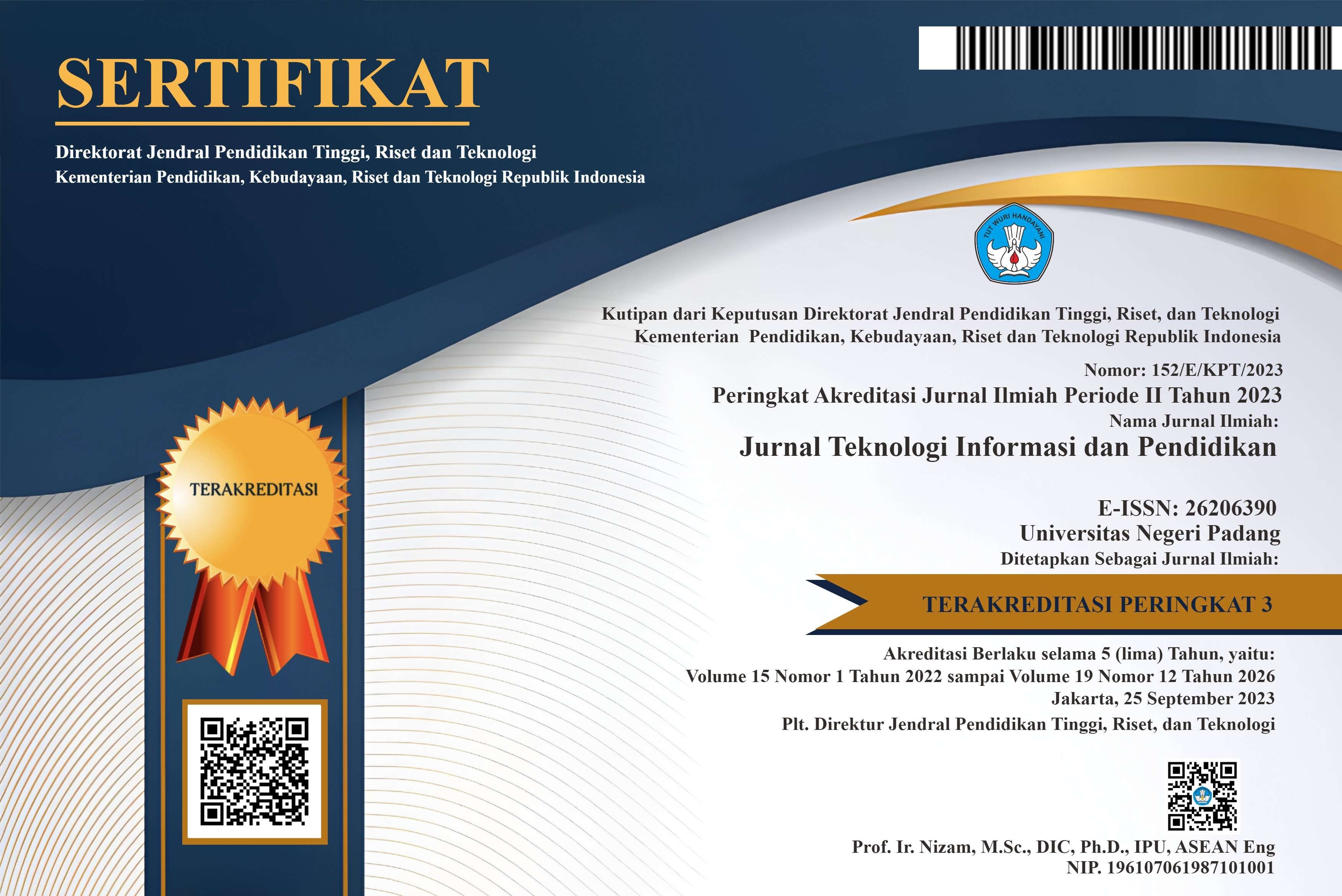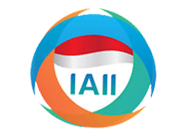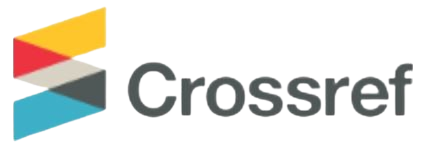PEMANFAATAN APLIKASI DISCORD SEBAGAI MEDIA PEMBELAJARAN ONLINE
Abstract
Perkembangan teknologi informasi dan komunikasi membawa perubahan sangat besar, khususnya pada bidang Pendidikan terapan. Zaman yang terus berubah menjadikan pendidik di era modern harus melakukan inovasi dan kreatifitas dalam pembelajaran di kelas maupun di luar kelas. Masalah yang umum dirasakan pendidik era modern ini adalah sulitnya menemukan metode yang tepat dan praktis dalam memanfaatkan tehnologi dalam pembelajaran kelas. Penelitian lapang yang telah dilaksanakan pada dua kelas yang berbeda yaitu kelas kedokteran umum dan Pendidikan kewarganegaraan Universitas Tanjungpura telah menunjukan hasil dan data secara deskriptif. Tujuan penelitian ini untuk membuktikan bahwa discord dapat dijadikan media dan sarana pembelajaran berbasis online. Hal tersebut dapat dibuktikan dengan melihat kondisi pembelajaran pada saat menggunakan aplikasi discord yang mampu menciptakan iklim debat sosial antara dua kelas berbeda yang interaktif, menyenangkan dan santai. Manfaat praktis juga dirasakan pendidik dan mahasiswa dalam sharing keilmuan, sehingga discord dapat menjadi sebuah solusi praktis dan alternatif dalam kuliah online.
References
I. Ahmad, “Digital learning process in the age of the industrial revolution 4.0 era technology disruptions,” Minist. Res. Technol. High. Educ, pp. 1–13, 2018.
A. D. Samala, B. R. Fajri, and F. Ranuharja, “DESAIN DAN IMPLEMENTASI MEDIA PEMBELAJARAN BERBASIS MOBILE LEARNING MENGGUNAKAN MOODLE MOBILE APP,” J. Teknol. Inf. dan Pendidik., vol. 12, no. 2, pp. 13–19, Dec. 2019.
A. Margaryan, S. Researcher, B. Collis, and A. Cooke, “Activity-based blended learning,” Hum. Resour. Dev. Int., no. December 2014, pp. 37–41, 2014.
L. De George-walker and M. Keeffe, “Self-determined blended learning : a case study of blended learning,” High. Educ. Res. Dev., vol. 29, no. 1, pp. 1–13, 2010.
M. L. Hidayat, W. H. Prasetiyo, and J. Wantoro, “Pre-Service Student Teachers ’ Perception of Using Google Classroom in a Blended Course,” Humanit. Soc. Sci. Rev., vol. 7, no. 2, pp. 363–368, 2019.
J. P. Raihan and Y. R. Putri, “Pola Komunikasi Group Discord PUBG.INDO.FUN Melalui Aplikasi Discord,” e-Proceeding Manag., vol. 5, no. 3, pp. 4161–4169, 2018.
M. Kearney, S. Schuck, K. Burden, and P. Aubusson, “Viewing mobile learning from a pedagogical perspective,” J. Res. Learn. Technol., vol. 20, no. 1, pp. 1–18, 2012.
J. W. Creswell, Research Design: Qualitative, Quantitative, and Mixed Methods Approaches, Third Edit. London: SAGE Publications, Inc, 2009.
J. A. Dewantara and D. Budimasyah, “Mutual Cooperation Based Go Green: New Concept of Defense Country,” Educ. Humanit. Res., vol. 251, no. Acec 2018, pp. 38–45, 2018.
M. Miles and M. Huberman, Qualitative data analysis : an expanded sourcebook / Matthew B. Miles, A. Michael Huberman., Second Edi. London: Sage Publications, Inc., 1994.
W. H. Prasetiyo, K. R. Kamarudin, and J. A. Dewantara, “Surabaya green and clean: Protecting urban environment through civic engagement community,” J. Hum. Behav. Soc. Environ., vol. 29, no. 8, pp. 997–1014, 2019.
J. A. Dewantara, Efriani, Sulistyarini, and W. H. Prasetiyo, “Optimization of Character Education Through Community Participation Around The School Environment ( Case Study in Lab School Junior High School Bandung ),” J. Etika Demokr., vol. 5, no. 1, pp. 53–66, 2020.
R. Yudhi and S. Priana, “Pemanfaatan Vlog Sebagai Media Pembelajaran,” in Seminar Nasional Pendidikan FKIP UNTIRTA, 2017, pp. 313–316.
A. Hwang, “Online and Hybrid Learning,” J. Manag. educition, no. 2000, pp. 1–7, 2018.
M. Amiryousefi, “The incorporation of flipped learning into conventional classes to enhance EFL learners ’ L2 speaking , L2 listening , and engagement,” Innov. Lang. Learn. Teach., vol. 0, no. 0, pp. 1–15, 2017.
A. N. Wulanjani, “Discord Application:Turning a Voice Chat Application for Gamers into a Virtual Listening Class,” in 2nd English Language and Literature International Conference, 2018, vol. 2, pp. 115–119.
J. B. Houston and P. M. Buzzanell, “Communication and resilience : introduction to the Journal of Applied Communication Research special issue,” vol. 9882, 2020.
O. Casquero, J. Portillo, R. Ovelar, and J. Romo, “iPLE Network : an integrated eLearning 2 . 0 architecture from a university ’ s perspective,” Interact. Learn. Environ., no. January 2015, pp. 37–41, 2015.
K. Laeeq, Z. A. Memon, and K. Laeeq, “Scavenge : an intelligent multi-agent based voice- enabled virtual assistant for LMS Scavenge : an intelligent multi-agent based voice-enabled virtual,” Interact. Learn. Environ., vol. 0, no. 0, pp. 1–19, 2019.
Copyright (c) 2020 JTIP: Jurnal Teknologi Informasi dan Pendidikan

This work is licensed under a Creative Commons Attribution-ShareAlike 4.0 International License.















.png)














